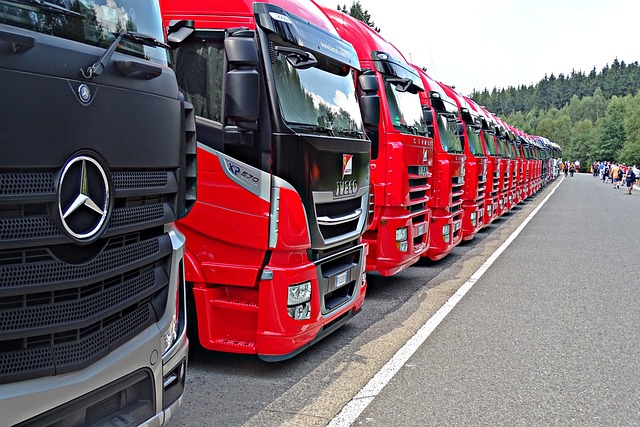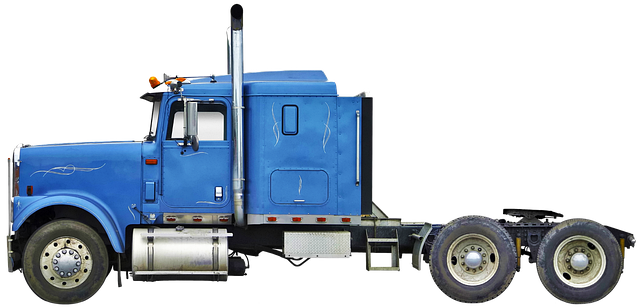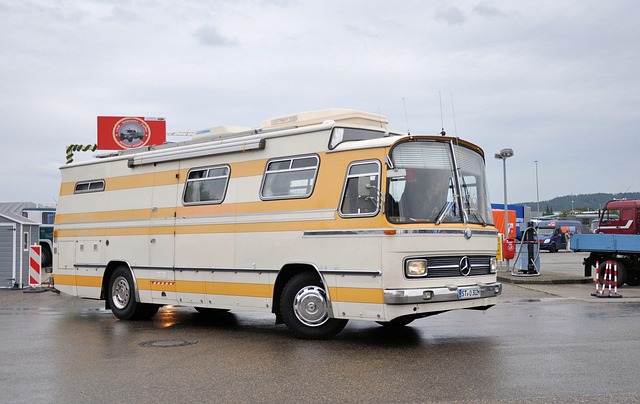Looking to register your car in California? This comprehensive guide walks you through the entire process, from understanding essential requirements to paying fees. First, grasp what’s needed for car registration in CA, specifically the crucial role of DMV VIN verification. Next, gather all necessary documents. Schedule a visit to a local DMV office and complete the registration application. Ensure timely payment of fees to finalize the process smoothly.
- Understand the Requirements for Car Registration in California
- Gather Necessary Documents for DMV VIN Verification
- Schedule and Visit a California DMV Office
- Complete the Vehicle Registration Application Process
- Pay the Required Fees for Car Registration
Understand the Requirements for Car Registration in California

Before you begin the registration process, it’s crucial to understand the requirements for car registration in California. The California Department of Motor Vehicles (DMV) enforces strict guidelines that every vehicle owner must meet. One of the key steps is ensuring your car has passed an emissions test and safety inspection. Additionally, the DMV requires a valid vehicle identification number (VIN) verification, which can be done through a traditional or mobile VIN inspection.
A mobile VIN inspection offers a convenient alternative to visiting a DMV office. This service allows you to get your VIN verified by a professional inspector who will come to your location. It’s essential to ensure that all documents, including your vehicle’s registration and insurance papers, are in order. By fulfilling these requirements, you’ll be well on your way to smoothly registering your car in California.
Gather Necessary Documents for DMV VIN Verification

Before heading to the DMV for car registration, ensure you have all the essential documents required for the VIN (Vehicle Identification Number) verification process. This includes the title or lease agreement, current registration papers, proof of insurance, and a valid driver’s license. Additionally, gather important information about your vehicle like its make, model, year, and color. A mobile vin verifier can assist in quickly gathering these details if needed.
For a seamless dmv vin verification process, it’s crucial to have all these documents readily available. While the DMV may accept some documents electronically, having hard copies on hand is often preferred. Remember, accurate and complete information is key to avoiding delays during your car registration journey in California.
Schedule and Visit a California DMV Office

Before you begin the registration process, it’s crucial to schedule and visit a California DMV office. This step is essential for several reasons, including completing a vital part of the procedure known as VIN (Vehicle Identification Number) verification. Many folks opt for a mobile vin verifier or even conduct a mobile vin inspection to streamline this process, but physically visiting a DMV remains a necessary step in ensuring your vehicle’s registration goes smoothly.
During your visit, be prepared to bring along key documents such as proof of ownership, insurance, and identification. The staff at the DMV will guide you through the registration process, which includes entering your vehicle’s information into their system and performing a comprehensive inspection. In some cases, a mobile vin verification might even be conducted on-site for added convenience.
Complete the Vehicle Registration Application Process

To complete the vehicle registration application process in California, you’ll need to gather essential documents and fill out the necessary forms. Start by obtaining a clean title for your vehicle, which confirms ownership. Then, perform a DMV VIN verification using official tools provided by the California Department of Motor Vehicles (DMV). This step ensures that your vehicle’s unique Vehicle Identification Number (VIN) is accurate and matches the details in their records.
Once verified, you can apply for registration online or at a local DMV office. Have your vehicle inspection report ready, along with proof of insurance, to streamline the process. If using a mobile vin verifier or undergoing a mobile vin inspection, ensure these services are recognized by the DMV to maintain legality and accuracy throughout the registration procedure.
Pay the Required Fees for Car Registration

To complete the car registration process in California, you’ll need to pay several fees, including a registration fee and a vehicle identification number (VIN) verification charge. The registration fee varies based on the type of vehicle, its model year, and emissions status. For most cars, this fee ranges from $50 to $150. Additionally, you’ll be required to undergo a VIN verification process, which can be done through a mobile vin verifier or at a DMV office. This inspection ensures that your vehicle’s VIN is accurate and matches the vehicle’s characteristics, helping to prevent fraud and ensuring compliance with state regulations.
The vin inspection typically involves checking the VIN plate on your car against official records. You might need to present relevant documents, such as proof of ownership and insurance. Once both fees are paid and the VIN verification is complete, you’ll receive your registration certificate, which allows you to legally operate your vehicle on California roads.
Registering a car in California involves understanding specific requirements, gathering essential documents, and completing a straightforward application process at a DMV office. The key steps include preparing for the DMV VIN verification by collecting necessary paperwork, scheduling a visit, and paying the relevant fees. By adhering to these guidelines, you can ensure a smooth car registration experience in the Golden State.



